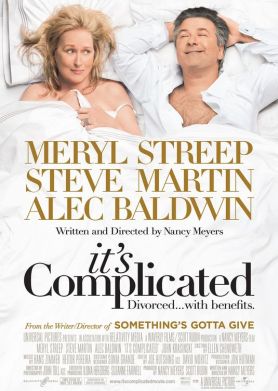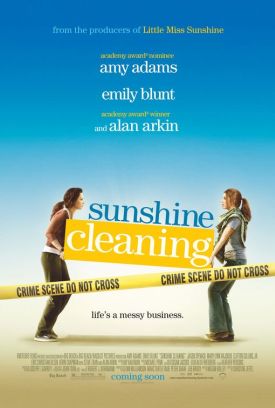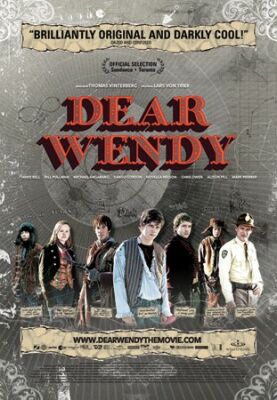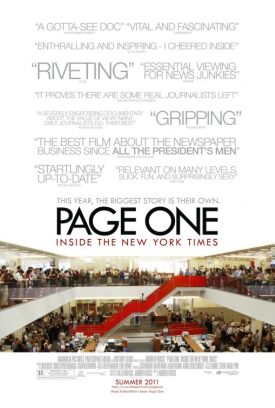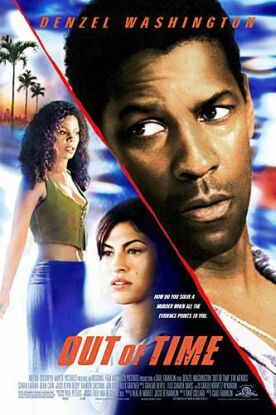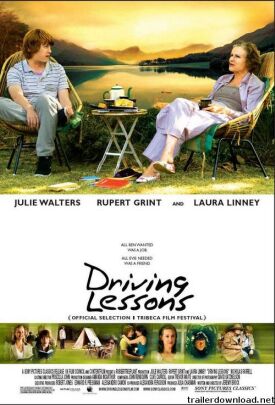It’s Complicated
If the Western was the prototypical genre of the 1950s and the film noir of the 1940s and the gangster film of the 1930s, then I sometimes think that the chick flick is the master-genre of our own time. I leave out of account, of course, the superhero and sci fi fantasies designed to appeal to teenagers which are not so much a genre as a highly-engineered industrial product run off sophisticated Hollywood assembly lines by the yard and perfectly uniform in their artistic negligibility. The chick flick, though in its way it is as much a power fantasy as the superhero blockbuster, is at least made for adults and has the usual artistic variability to it. A movie like An Education or Kenneth Lonergan’s You Can Count on Me of a few years ago transcends the usual empowerment fantasy and moves us with a sympathetic but not uncritical look at the lives of women that women, especially, will be interested in seeing. Many of the films of the late, great Eric Rohmer could be classified as chick flicks, though I don’t know that they ever attracted roving bands of educated but emotional female pals in search of a good time the way Sex and the City did. And, unlike Sex and the City, they are far from being unwatchable by men.
According to the London Daily Telegraph, the “girls’ night out” audience is now the most sought after by producers in London’s West End theatre district.
Many of the shows that are proving popular with female audiences share a similar storyline, in which goodness triumphs in the most unlikely ways — and the person who is true to themselves wins through. In Hairspray, Tracy’s weight proves no obstacle to dancing triumph and her broad-mindedness conquers petty small-town rivalries and racial slights. In Dirty Dancing, Johnny’s integrity matters more than his background: his honesty and courage get him the girl. In Legally Blonde, Elle doesn’t have to change to succeed — she makes others change by her basic common sense. These shows are also a celebration of all that is best about people. They affirm the pleasures of love, of friendship, of life itself. Calendar Girls is explicit in its theme: in the face of illness, sadness and despair, women can band together and make things better. Here, on stage in front of you, modern fairy tales unfold, evil is vanquished and everything ends up happily ever after. That’s the secret of a great girls’ night out at the theatre: by its close, the world is set to rights.
In other words, you could say that there is a feminist and utopian subtext in these shows and in many of the chick-flicks they resemble, since their purpose is to validate the central role of the strong, effectual, independent woman in a world that has been made congenial to her — more congenial, anyway, than we know the real world very often is.
All this is by way of prologue to Nancy Meyers’s It’s Complicated because the movie itself, a prototypical chick flick, leaves one with so little to say about it. Meryl Streep plays Jane, a woman in her 50s with a successful career as a businesswoman, grown children and an ex-husband (Alec Baldwin) who left her nine years previously for a much younger woman (Lake Bell). The old story. But every woman in that situation, or sympathetic to those who are, will thrill to this version of the story in which the ex-husband tires of the young, new wife and begs to come back to Jane at the same time she is being courted by a much nicer, much more female-friendly and even uxorious sort of man (Steve Martin), so giving her the opportunity — whether or to what extent she takes it or not I forbear to reveal — to reject the ex but not the sex.
At least I suppose they will thrill to it, as this movie was obviously intended, like Ms Meyer’s previous and now classic chick flick, Something’s Gotta Give (2003), as a crowd pleaser. All the characters are well-to-do, if not rich, all the children are darling and sympathetic to mom’s revived love-life without wishing for their parents to re-marry. The young wife is obviously a harridan in the making. As in many chick-flicks, there are a number of scenes in which the principal female character forgathers with her girlfriends for wine and girl-talk, in one of which she confesses that she is now “the other woman” to the woman who was once the other woman to her. “I’m the one we hate,” she says with mock guilt and contrition in her voice. All agree that she’s not. Not at all. And that they all still hate the other other woman.
The best line in the movie comes when Steve Martin’s character gently tells Jane, what once would have been obvious, that she had better sort out her on-again, off-again relationship with her ex-husband before there can be any further talk of any romance between the two of them. “So that’s how grownups talk,” murmurs Jane admiringly. I’d like to believe that this amounts to a brief moment of self-knowledge on the part of the film, an acknowledgment that its chief appeal must be to the emotionally stunted and immature, but I kind of doubt it. This is fantasy for overgrown girls the way that superhero movies are fantasy for overgrown boys, and if there’s one thing we know about our debased popular culture, it’s that such fantasies sell.
Discover more from James Bowman
Subscribe to get the latest posts to your email.

